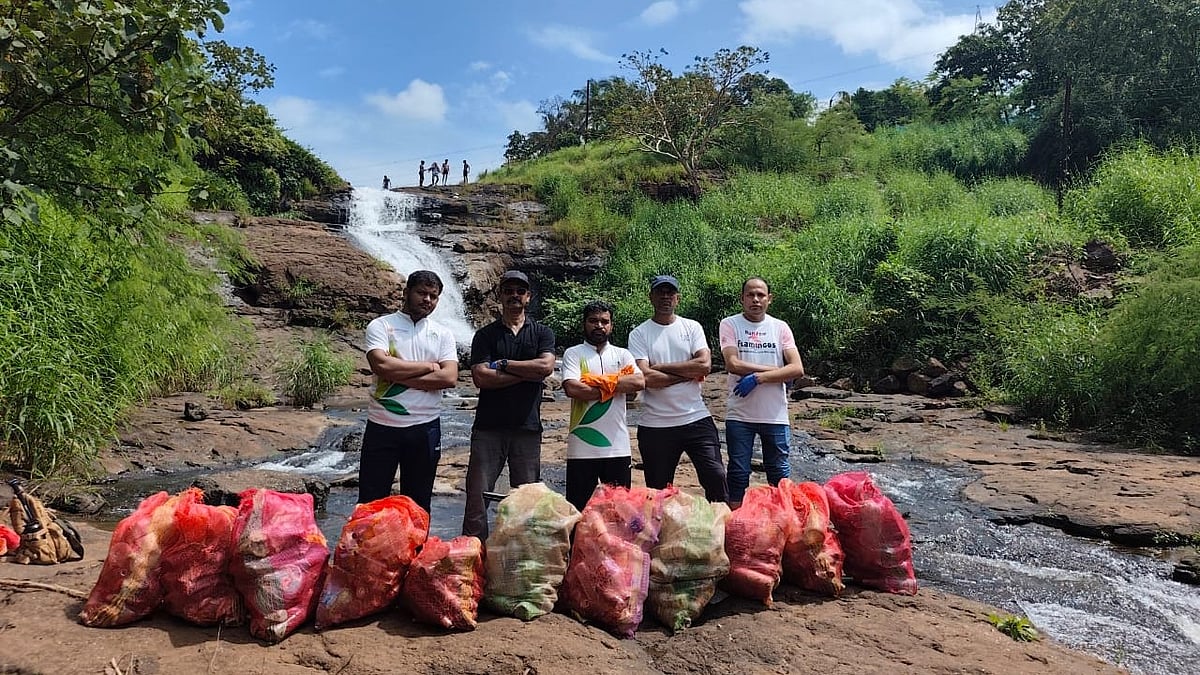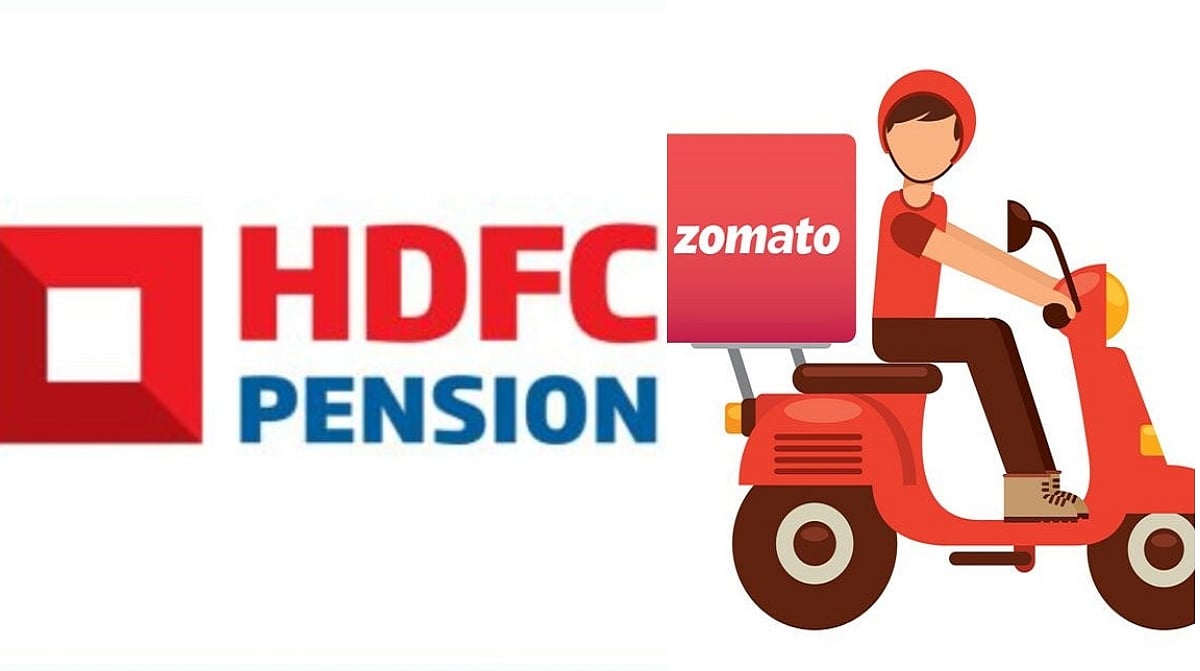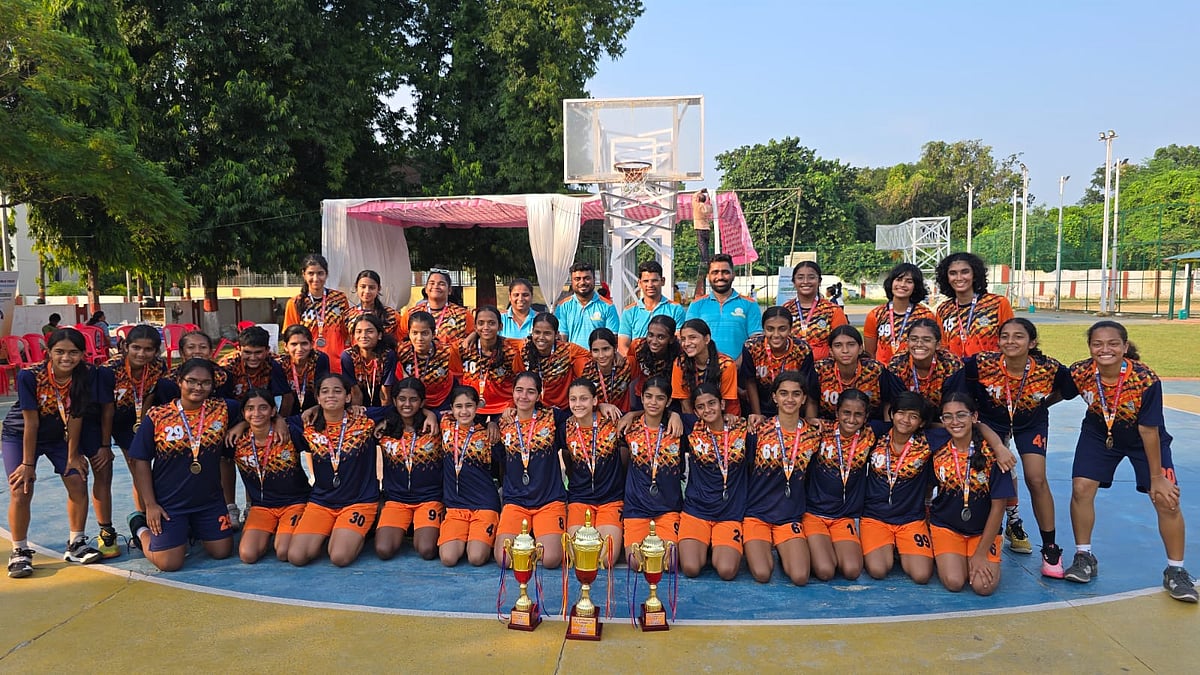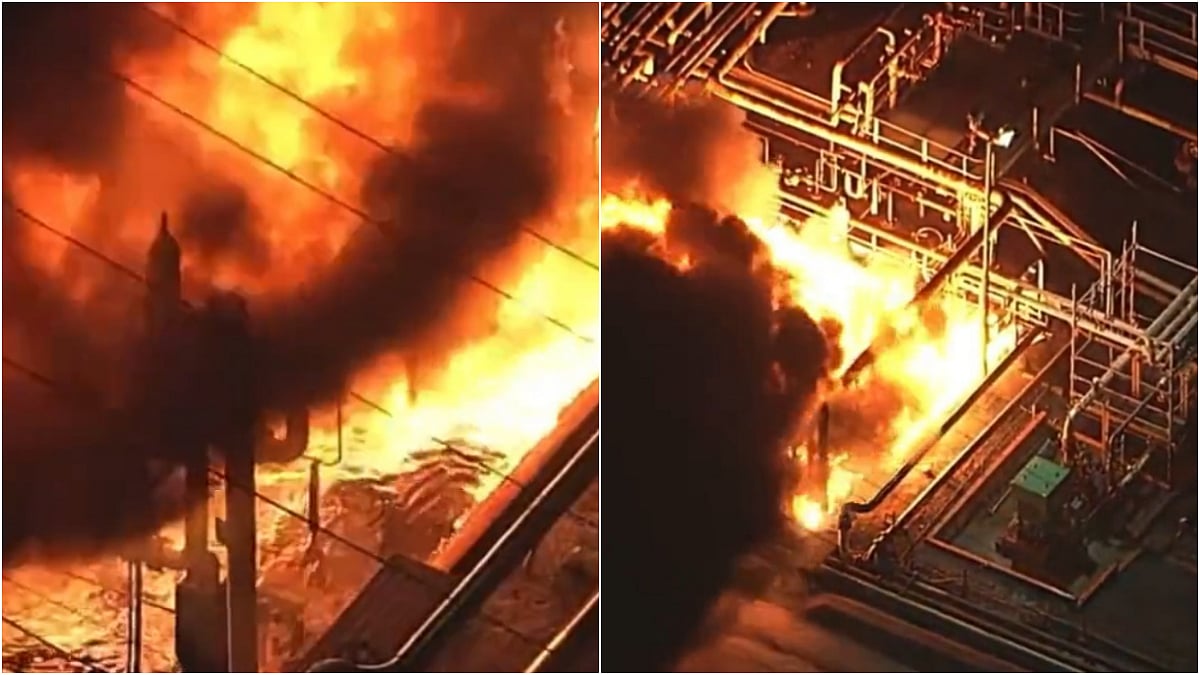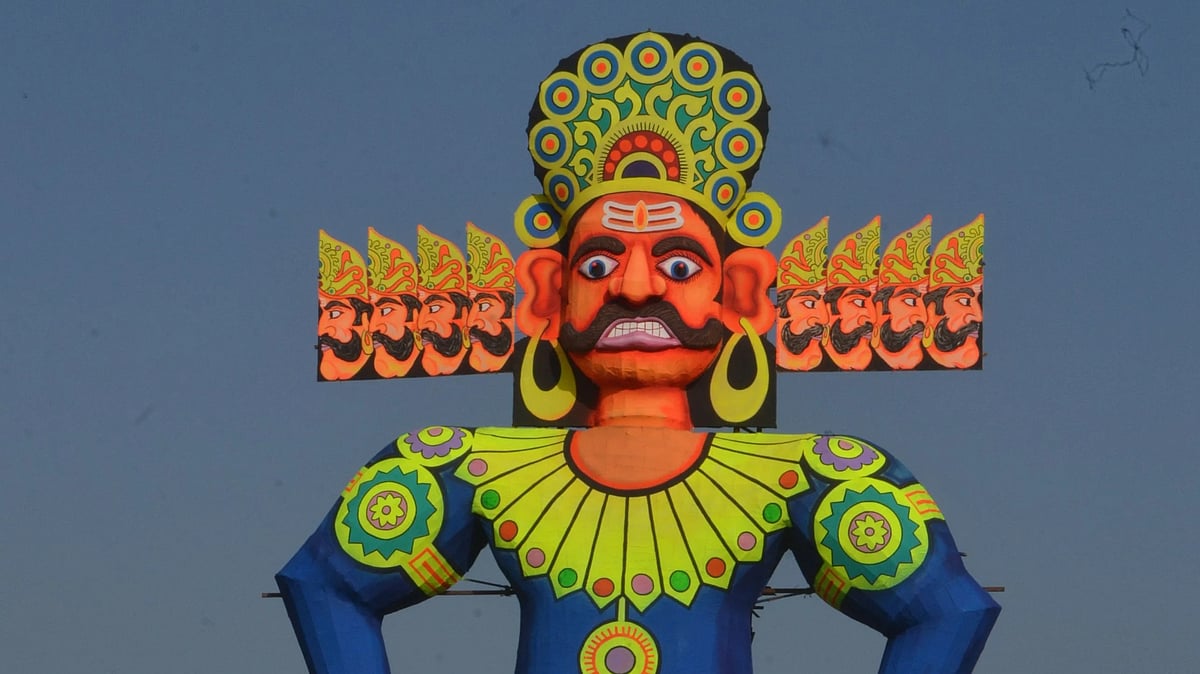In the main, two vaccines are available to us today—Covishield, developed by AstraZeneca and produced under its licence by the Serum Institute of India; and Covaxin, developed by Bharat Biotech. Serum Institute has to pay one-half of the sale price to AstraZeneca as royalty; or it has to pay Rs 75 as royalty if it sells Covishield to the Central Government at Rs 150. Serum Institute says that it is not economical for it to produce Covishield with the balance of Rs 75. For this reason, they have offered to sell Covishield at Rs 300 to the states and at a higher price to the private buyers. Thus, the states will buy Covishield at Rs 300 and subsidise the purchase by the Centre at Rs 150. The Centre, which should act as the parent of the states, is instead, acting as their opponent. This is a minor problem, however.
The SII is having to pay this huge royalty because we have accepted product patents under the World Trade Organisation (WTO). Product patents stipulate that another company will not produce a patented product even by using an alternative process. Say AstraZeneca has patented a technique of heating an iron rod in order to flatten it; Product patents stipulate that another company cannot flatten the iron rod by any other method, such as cold hammering.
Product patents
Product patents was accepted by us as part of the WTO deal in 1995. Before that, we had process patents, which allowed anyone to produce the same product by an alternative process. The result of product patents is that our companies cannot manufacture Covishield. This is limiting the manufacture of vaccines in India when vaccines are not available to our people. Indeed, this problem applies to Bharat Biotech’s Covaxin also. Be that be as it may, this is the problem faced by the entire world, which cannot manufacture the vaccines developed by certain companies because of product patents being incorporated in the WTO.
Bharat Biotech has offered to sell Covaxin to the Centre at Rs 150, perhaps, following in the steps of the SII.
The patent rules under the WTO have a provision that the government can invoke the provision of ‘compulsory licensing’ and allow other companies to manufacture the same product under situations of national emergency, such as at present. The WTO permits countries to determine the grounds for granting compulsory licences and to determine what constitutes a national emergency. However, the government has not invoked this provision, perhaps, fearing a backlash from multinational corporations (MNCs) and western nations if this provision is invoked. In that case, the availability of foreign vaccines will be reduced and we may fall from the frying pan into the fire. This is a matter of assessment and it is best to leave it to the judgment of the government.
WTO treaty
The question of the WTO itself remains. We were told in 1995 at the time of signing of the WTO treaty that the loss to us from the royalties paid due to product patents would be more than made up from the benefits from free trade—agricultural goods, in particular. It was to be a win-win proposition for developing countries. They would get technology, as well as export markets.
Twenty-five years later, it is clear that the MNCs are charging prohibitive royalties such as 50 per cent of the price of Covishield and developed countries have not opened their markets to our agricultural exports. Thus, the WTO treaty has become a lose-lose proposition. We are neither getting technology, nor access to their markets.
A number of arguments are being given to maintain the product patents even in the present pandemic. One of the arguments is that developing countries do not have the capacity to manufacture the vaccines even if the patents were to be cancelled. The manufacturers have certain technological details that are not disclosed in the patent applications, hence opening the patents will not enable new entities to manufacture the vaccines. The second argument is that developing countries cannot complete the supply chain. They do not have the raw materials and machines to make the vaccines. Indeed, the SII has said that the United States is obstructing the supply of raw materials necessary to manufacture vaccines.
Three, the developing countries do not have the capacity to invest in these plants. Four, drug companies need to make profits to be able to invest in research for future pandemics. The first three arguments are not convincing for the reasons we need not go into here. It suffices to say that if the developing countries will not be able to manufacture the vaccines after cancelling the patents, then what is the harm in cancelling them? The fourth argument also does not stand because new drugs, such as penicillin were developed without product patents. The task is to assist the companies across the world, the ‘common man’, so to say, to pitch into the manufacture of vaccines by opening up the patents.
Vaccine strategy
We have to base our strategy also in the light of the fact that the Covid virus is mutating, as is the nature of all viruses. The influenza virus mutates frequently and new vaccines are made to combat it nearly every year. It is certain that the Covid virus will mutate and new vaccines will have to be made in the future. In the light of the above, our strategy must be as follows.
One, the government must make huge investments in the development of vaccines. The owner of Bharat Biotech lamented on a TV programme that foreign MNCs developed the vaccines after millions of dollars in support from their governments. Bharat Biotech got a paltry Rs 65 crore, according to the information available on the net. It has indeed been given Rs 1,500 crore recently but only after it had developed the vaccine on its own.
Two, the government must buy the patent from Bharat Biotech and open the process for the entire world so that various countries can make the vaccine and save themselves. This will hit hard at the market of the MNCs and ‘teach them a lesson’.
Three, we must help Bharat Biotech to ramp up the production of Covaxin, cancel product patents and, if necessary, exit the WTO.
The writer is former Professor of Economics, IIM Bengaluru

